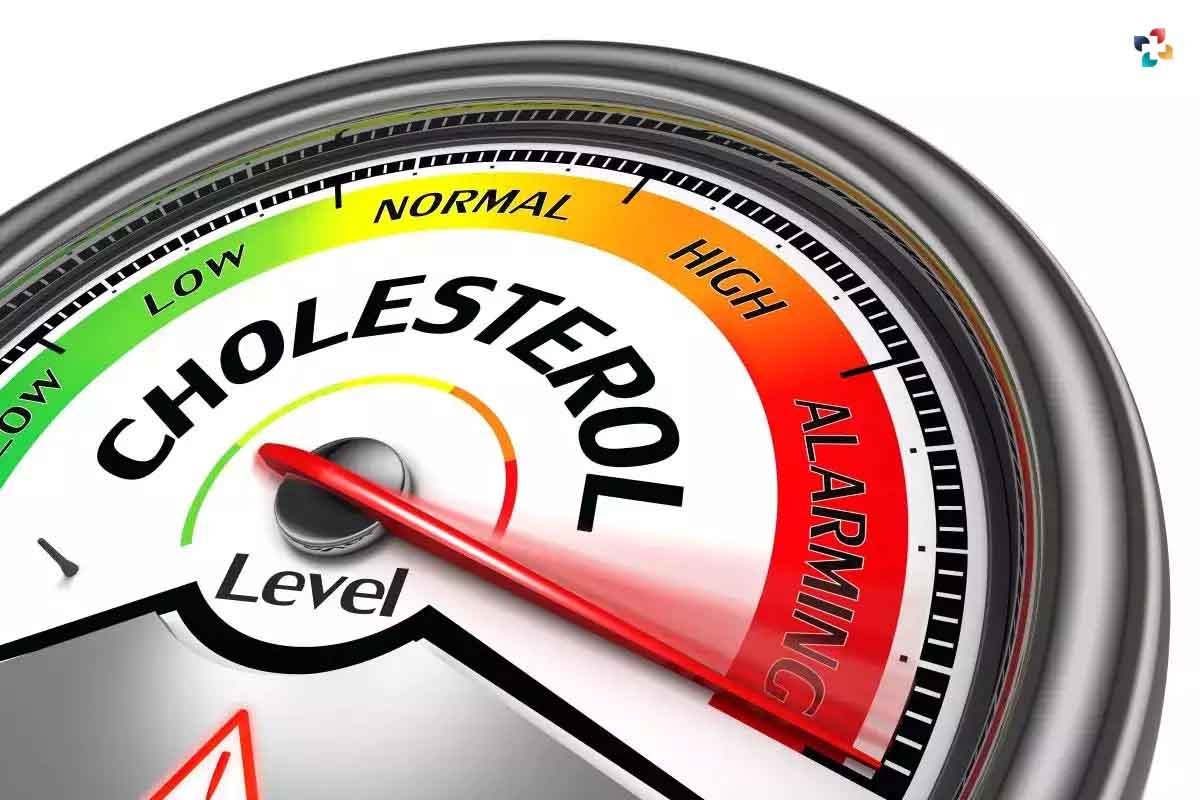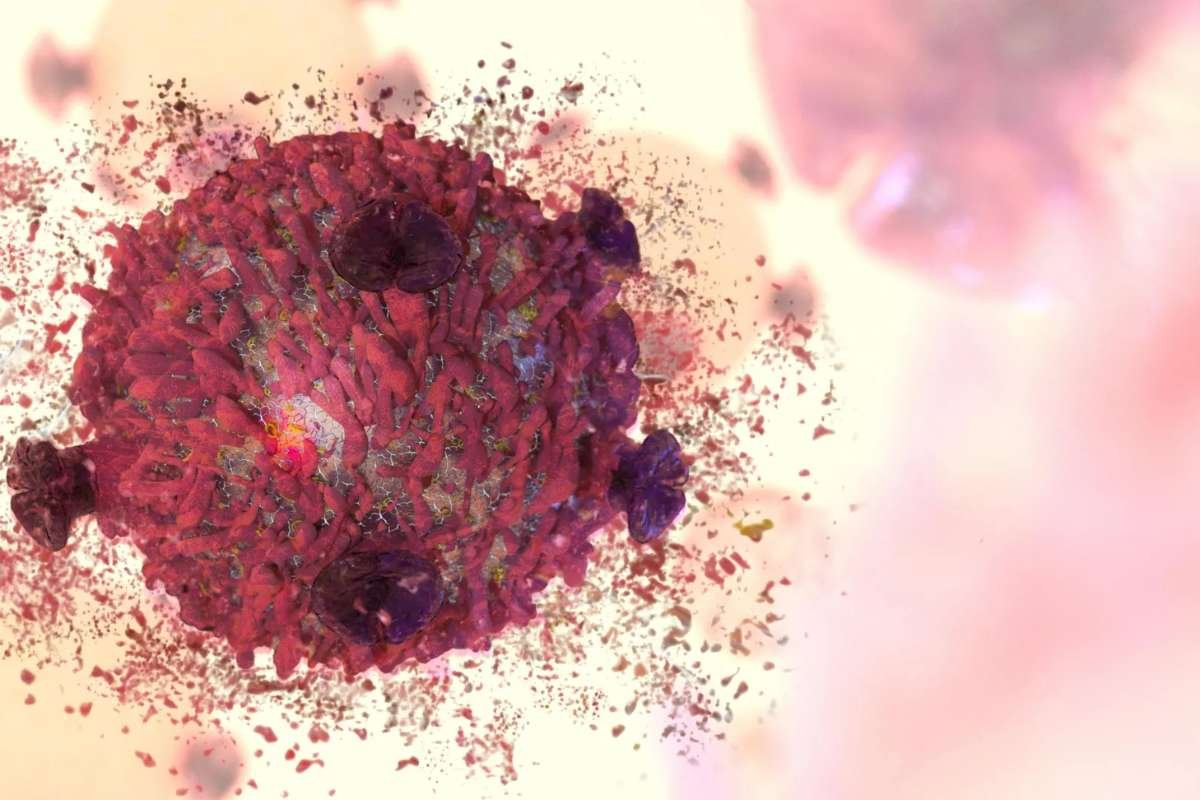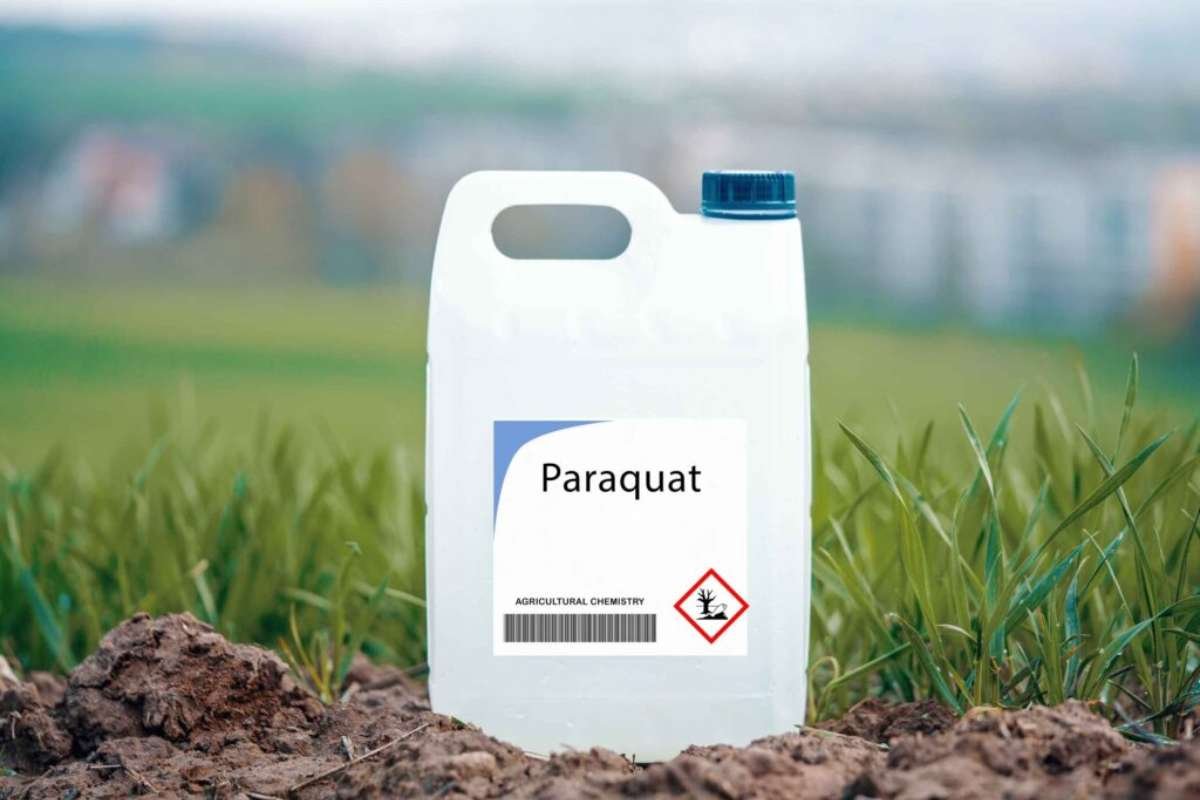Protein is plentiful in our bodies and serves as the foundation for muscle, hair, skin, bone, and body tissue in general. Even hemoglobin, which transports oxygen throughout the body through circulation, is protein-dependent and it comes from experts who recommend a high-protein diet.
Experts recommend a high-protein diet due to its numerous benefits, such as supporting muscle growth and repair, aiding weight loss by increasing satiety and improving overall metabolic health.
Protein is made up of 22 amino acids, and the nine essential amino acids, including histidine and lysine, must be obtained from the diet. A daily quantity is required for the body to operate properly, and protein assists in wound healing, cell formation, and muscle development and repair. It also serves as a catalyst for the creation of enzymes and hormones, as well as aiding in a variety of other biological activities.
A lack of Protein may lead to muscle loss, overall weakness, and malnutrition. However, most individuals in the Western world have access to appropriate quantities of protein-containing meals, and protein deficiency malnutrition is uncommon.
A regular dinner will not be balanced if you follow a high-protein diet. Instead, high-protein meals such as meat, fish, lentils, beans, and eggs would shift the balance in their favor. These would be eaten at the cost of carbohydrates such as bread, rice, pasta, and vegetables. Furthermore, foods rich in good fats, such as avocados, olive oil, and cheese, would be reduced.
Although your meals should be balanced, many individuals benefit from eating extra protein. Consider these five reasons why experts recommend a high-protein diet.
Here are 5 Reasons Why Experts Recommend a High-Protein Diet;
1. Muscle Growth
Muscles need protein to develop and repair. The greater the amount of protein that may be used, the more efficient this process becomes. If you include regular exercise, the effects will be noticeable sooner as your muscle mass grows and your muscles become more toned and defined.

High-quality protein from meals like chicken breast, fish, and legumes is ideal for muscle growth and maintenance. Once muscle definition is enhanced, consuming a suitable quantity of protein on a regular basis will assist prevent muscle loss.
2. Metabolic Enhancer and Fat Burner
Experts recommend a high-protein diet may help rev up a sluggish metabolism. Weight gain and increased body fat accumulation might arise from a sluggish metabolism. This is due to sluggish or insufficient calorie burning, which allows additional calories to be stored as fat.
A high-protein diet has the extra advantage of having foods with a very low glycemic index score. This implies that they do not considerably elevate blood sugar levels when consumed, therefore less insulin is required to bring blood sugar levels down after each meal.
When consuming simple carbohydrates on a regular basis, the constant requirement for high quantities of insulin to be produced might result in weight gain and increased body fat accumulation. Combining proteins and carbohydrates may help reduce this risk.
3. Loss of Weight
Calories abound in simple carbohydrate-containing diets. They also have a high glycemic index, and frequent intake may contribute to insulin resistance and type 2 diabetes. Another effect of a diet high in carbs and fats is that weight gain is simpler to achieve.
Protein has the largest thermic impact of all three macronutrients, which means your body needs to work harder to digest it and burns more calories as a result, encouraging good weight maintenance.

When the tables are turned and more high-quality protein is ingested, the consumption of calories, fat, and sugar is reduced. Increasing your intake of high-quality protein is one of the simplest strategies to achieve weight reduction success!
4. Reduced Cravings and Hunger
The most common complaint of dieters is that they are continuously hungry on their eating plan. This is not the case with experts recommend a high-protein diet, which regulates hunger and cravings significantly better than most other kinds of diets.
Carbohydrate-rich diets often result in poor blood sugar regulation, with rapid rises and even faster drops in blood glucose levels. These abrupt drops in blood glucose levels generated by insulin create hunger and desire for anything that might elevate blood glucose levels again.
Experts recommend a high-protein diet may assist even if you are not attempting to lose weight and just want to feel satisfied for longer since protein is the most satiating macronutrient. Not only can high-protein diets improve blood glucose regulation, but they also lower the amount of the hunger hormone ghrelin in our systems.
5. Cholesterol Management

Cholesterol is a fatty molecule produced by the liver that is present in all cells of the body. HDL is considered excellent cholesterol, but LDL is significantly less desirable, and LDL levels should be maintained low.
High-protein meals are known to have a direct effect on cholesterol levels, enhancing HDL levels while decreasing LDL cholesterol. This is most likely because those who follow experts recommend a high-protein diet are less likely to consume items heavy in sugar and saturated fat. These people are also less likely to have poor blood glucose control. Obesity is also less common in this group.
Bottom Line
While there are many benefits to why experts recommend a high-protein diet, there are also some cons one should be aware of. In some cases, the high-protein diet could cause nutrient deficiencies or even affect people with chronic disorders. Because of concerns like these, consulting a doctor is advised before following a high-protein diet.








